What are the rules on cutting sick pay for unvaccinated staff?
Ikea joins growing list of firms axing sick pay entitlement for employees who haven’t had Covid jabs
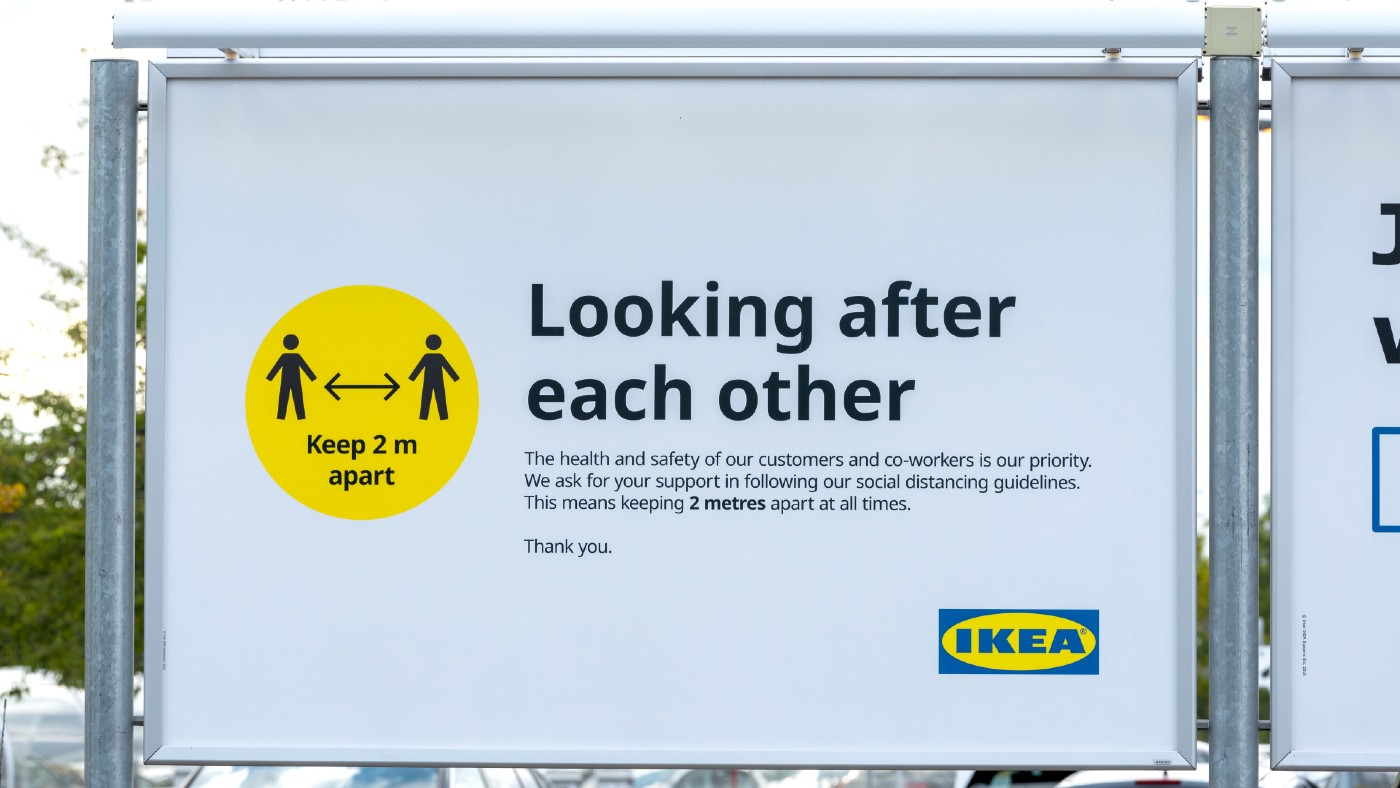
A free daily email with the biggest news stories of the day – and the best features from TheWeek.com
You are now subscribed
Your newsletter sign-up was successful
Swedish homeware giant Ikea has fuelled debate about sick pay entitlement during the pandemic by axing payouts for unvaccinated staff forced to self-isolate after Covid close contact.
Self-isolation rules for people who have been jabbed have been relaxed from this week, but under government guidance, unvaccinated people are still required to stay at home for ten days after first being exposed to the coronavirus.
Ikea’s sick pay decision means that some unjabbed staff “could receive as little as £96.35 a week under Statutory Sick Pay (SSP) obligations, a legal minimum”, reported The Mail on Sunday.
The Week
Escape your echo chamber. Get the facts behind the news, plus analysis from multiple perspectives.

Sign up for The Week's Free Newsletters
From our morning news briefing to a weekly Good News Newsletter, get the best of The Week delivered directly to your inbox.
From our morning news briefing to a weekly Good News Newsletter, get the best of The Week delivered directly to your inbox.
By comparison, the average weekly pay for Ikea shopfloor staff is £404 outside London and £452 in the capital, according to the newspaper.
‘Emotive topic’
A spokesperson for Ikea said the company – which employs more than 10,000 people in the UK – appreciated that the sick pay cut was “an emotive topic”.
Bosses would take into consideration “mitigating circumstances”, such as pregnancy or medical issues, when applying the policy, added the spokesperson, and “all circumstances will be considered on a case-by-case basis”.
Utilities company Wessex Water has also cut sick pay from this week for staff who have not received at least one Covid vaccination or have no appointment to be jabbed.
A free daily email with the biggest news stories of the day – and the best features from TheWeek.com
Other big companies that have introduced similar policies include supermarket chain Morrisons. Announcing the pay change in September, the supermarket chain’s chief executive David Potts cited the “biblical costs of managing Covid”, The Guardian reported.
Companies must ‘tread carefully’
Julian Cox, head of the employment practice at law firm BLM, warned that companies needed to “tread carefully” when cutting sick pay for unvaccinated staff.
“Whilst some businesses view this as an attractive way to encourage staff to get vaccinated, there are potential bear traps for the unwary including claims of breach of contract, constructive dismissal and discrimination,” Cox told the Financial Times.
According to People Management, any rule or practice requiring employees to be vaccinated “could be challenged as discriminatory”.
“For example, the group of employees who are least likely to be vaccinated are younger females, who have concerns about the impact of Covid-19 on either fertility or pregnancy,” said the human resources publication. “Certain ethnic groups are also less likely to be vaccinated.”
However, employers may seek to justify such pay cuts “as being a proportionate means of achieving a legitimate aim”, such as “a wish to promote good attendance at work – and avoid large proportions of the workforce having to self-isolate”, the site added.
A recent survey of more than 200 employers at an employment law conference hosted by People Management reportedly found that 10% were “looking to adjust their sick pay rules for unvaccinated staff”.
General sick pay rights
Employees who are too ill to work can get £96.35 per week of Statutory Sick Pay (SSP), which is paid by employers for up to 28 weeks.
The rules on SSP were changed in March 2020 to also make the payments available to staff self-isolating from day one of exposure to Covid.
The government website explains that staff could qualify for SSP if they or someone they live with has Covid symptoms or has tested positive, or if someone in their support bubble has symptoms or has received a positive test.
Staff could also get SSP if they’ve been been notified by the NHS or public health authorities of close contact with a Covid case, or have been advised by a doctor or healthcare professional to self-isolate before going into hospital for surgery.
-
 What to know before filing your own taxes for the first time
What to know before filing your own taxes for the first timethe explainer Tackle this financial milestone with confidence
-
 The biggest box office flops of the 21st century
The biggest box office flops of the 21st centuryin depth Unnecessary remakes and turgid, expensive CGI-fests highlight this list of these most notorious box-office losers
-
 What are the best investments for beginners?
What are the best investments for beginners?The Explainer Stocks and ETFs and bonds, oh my
-
 What's Jeff Bezos' net worth?
What's Jeff Bezos' net worth?In Depth The Amazon tycoon and third richest person in the world made his fortune pioneering online retail
-
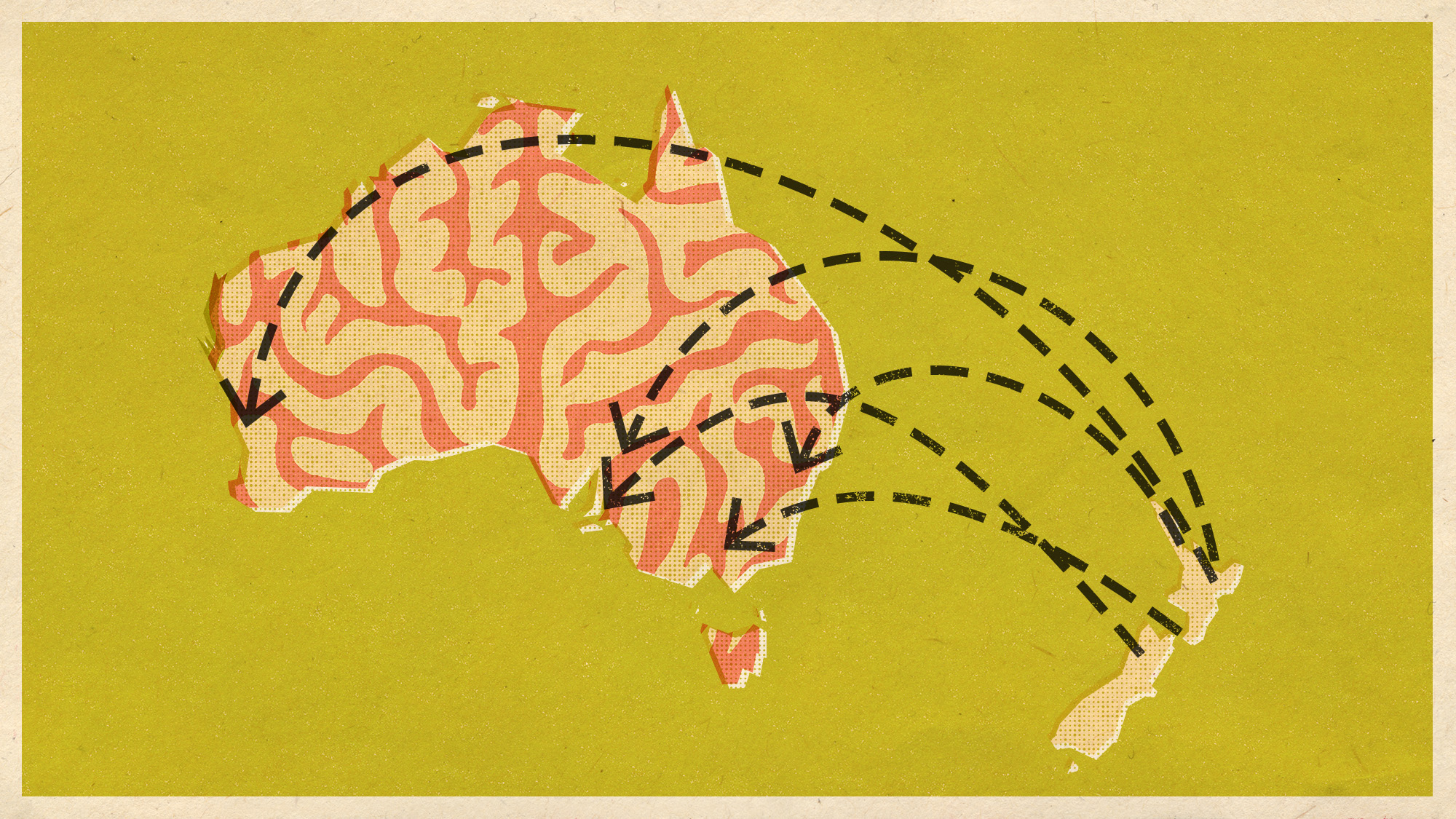 'Brain drain' fear as record numbers leave New Zealand
'Brain drain' fear as record numbers leave New ZealandUnder The Radar Neighbouring Australia is luring young workers with prospect of better jobs
-
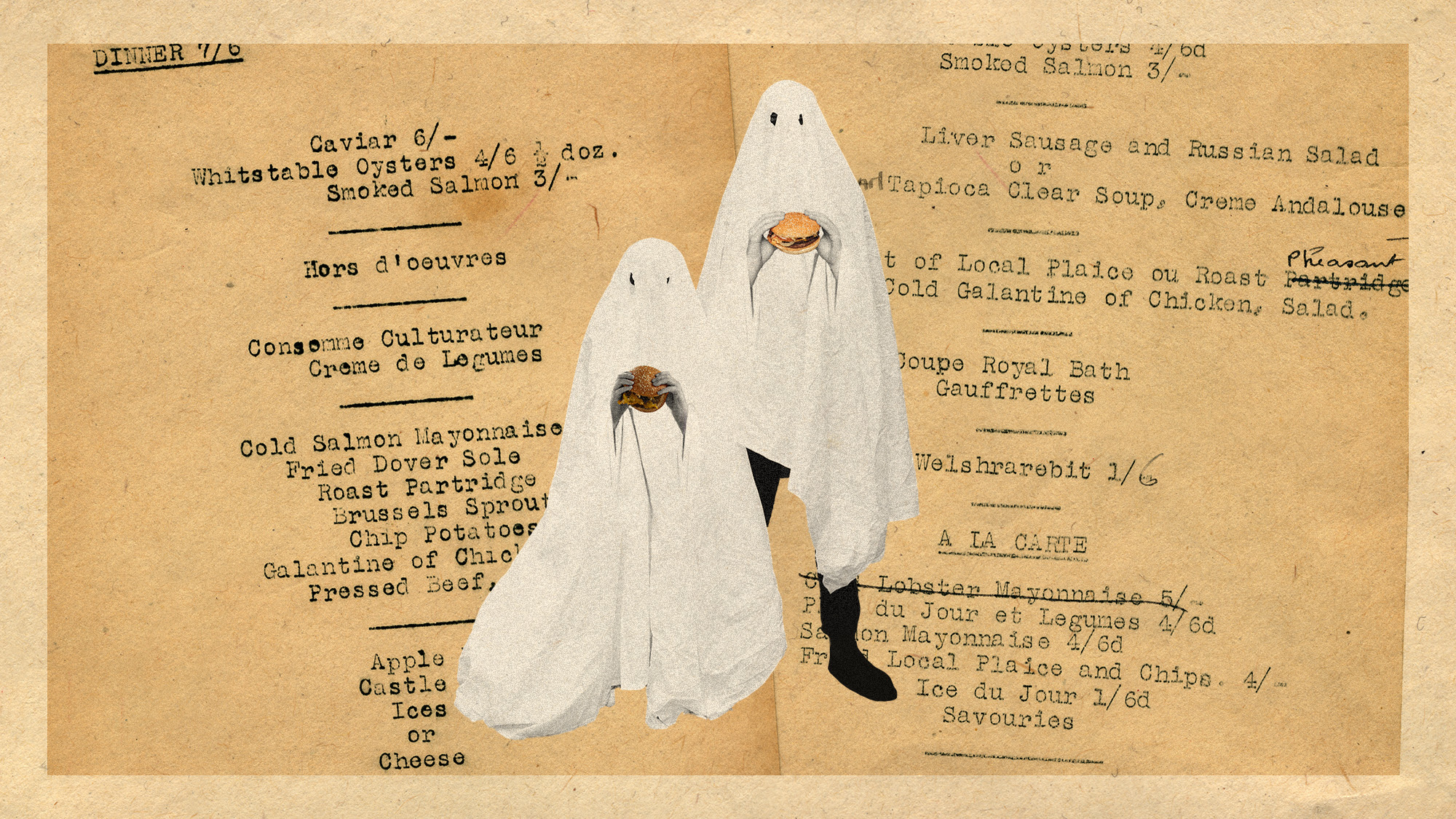 Ghost kitchens are pulling a disappearing act
Ghost kitchens are pulling a disappearing actunder the radar The delivery-only trend is failing to live up to the hype built up during the pandemic
-
 The birth of the weekend: how workers won two days off
The birth of the weekend: how workers won two days offThe Explainer Since the 1960s, there has been talk of a four-day-week, and post-pandemic work patterns have strengthened those calls
-
 Why household wealth took off during the pandemic
Why household wealth took off during the pandemicUnder The Radar The Covid-19 pandemic caused a lot of pain and hardship, but new research shows it also left most Americans wealthier
-
 Empty office buildings are blank slates to improve cities
Empty office buildings are blank slates to improve citiesSpeed Read The pandemic kept people home and now city buildings are vacant
-
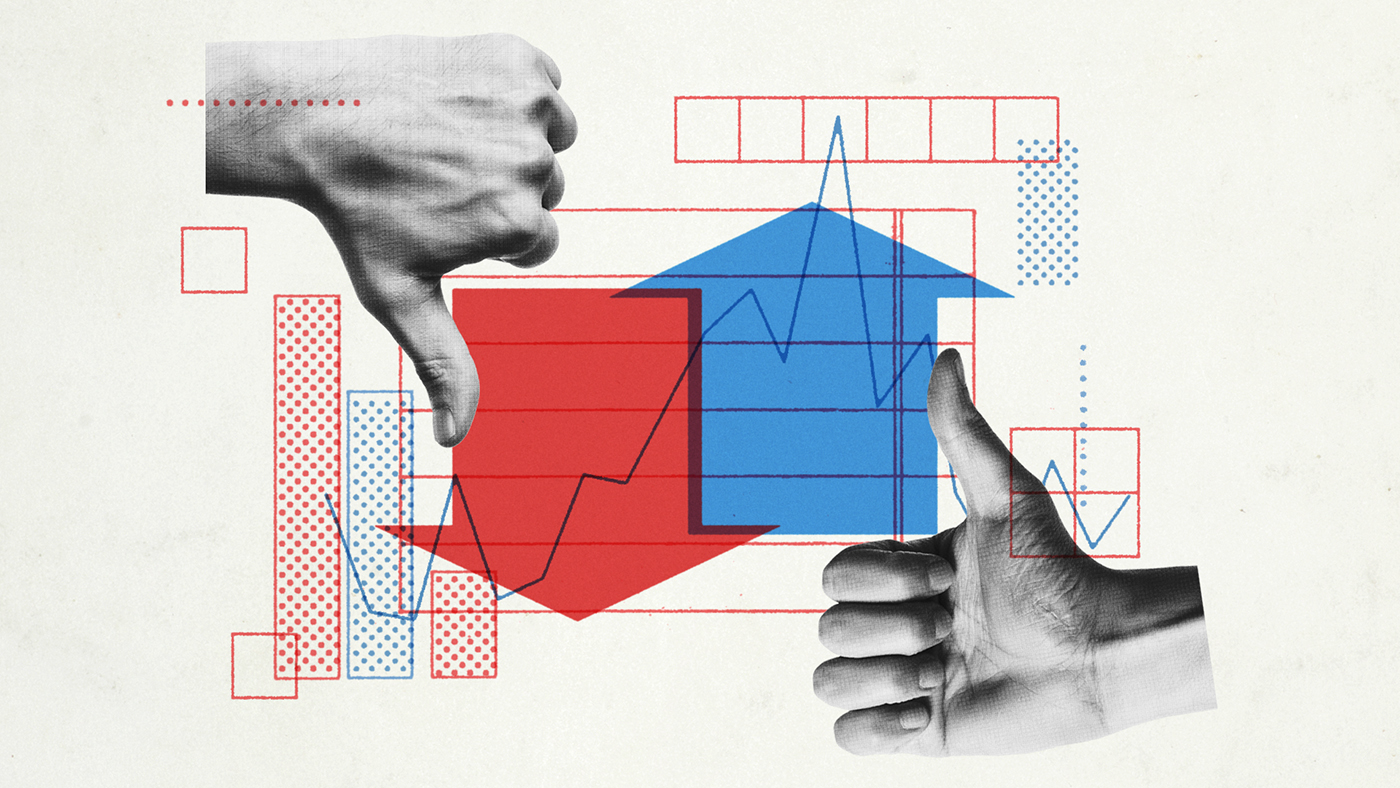 Inflation vs. deflation: which is worse for national economies?
Inflation vs. deflation: which is worse for national economies?Today's Big Question Lower prices may be good news for households but prolonged deflation is ‘terrible for the economy’
-
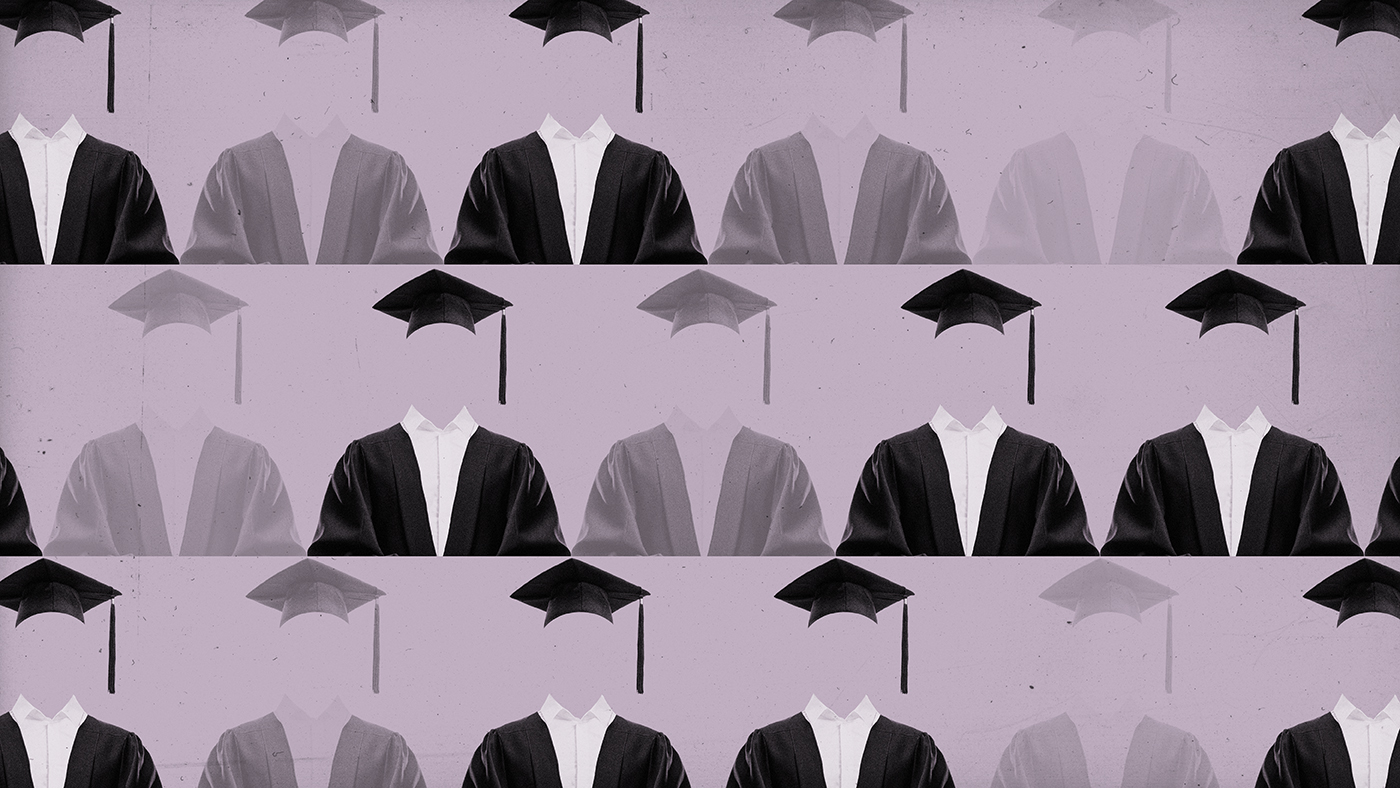 America's 'cataclysmic' drop in college enrollment
America's 'cataclysmic' drop in college enrollmentToday's Big Question "The slide in the college-going rate since 2018 is the steepest on record"